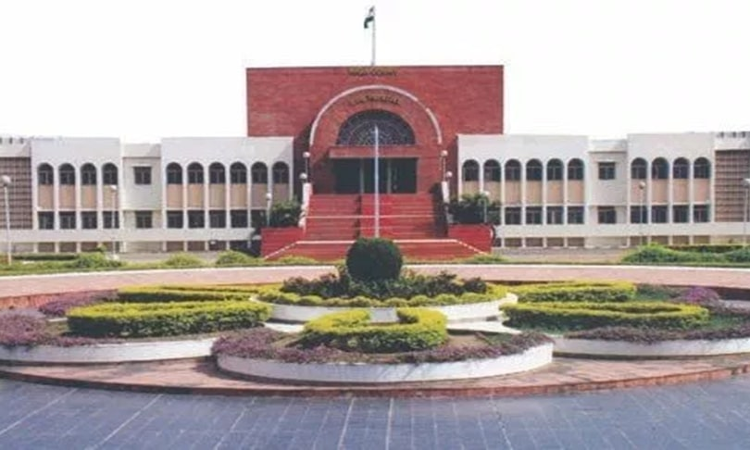Govt Servant Turning Hostile In Criminal Trial Does Not Amount To Misconduct, May Be Unethical: Bombay High Court
Amisha Shrivastava
21 Oct 2022 9:02 PM IST

The court clarified that appointing authority can proceed against the employee departmentally for turning hostile in a criminal trial based on conviction under Section 191 IPC, without conducting any departmental inquiry.
Next Story


